

First, let’s talk about the benefits of vitamin C and how it functions in the skin. According to SkinSpirit lead aesthetician, Karen Fernandez, “Vitamin C is an antioxidant that helps reduce environmental damage.”
In other words, it fights those pesky unpaired electrons that we call free radicals. If you didn’t know, free radicals come from all sorts of different things, including sun exposure, pollution, and even normal metabolic processes in the body. They can damage DNA and lead to signs of aging like fine lines and wrinkles. The antioxidant function of vitamin C prevents that from happening. “It surrounds the skin cells and deflects triggers that want to harm your skin,” Fernandez says. “I think of vitamin C as ‘your internal SPF’ designed to protect and embedded in your epidermal skin layer.”

The best part is that vitamin C does double duty. It’s an antioxidant, and it also functions as a skin brightener. Over time, vitamin C can brighten dullness and lighten dark spots and hyperpigmentation. In other words, it can give you a more even-toned complexion.
And it works for all skin types, regardless of how dry or oily you are or what concern you’re trying to tackle. That goes for all antioxidants. “Antioxidants are good for all skin and skin types,” Fernandez says. “They prevent damage and also visibly brighten skin.”

While vitamin C is unrivaled as a skin-brightening antioxidant, there is a catch (well, sometimes), and that’s that it’s notoriously unstable. If it breaks down (or oxidizes) before it hits your skin, it’ll be rendered ineffective. What’s more, is that the oxidized vitamin C could potentially cause irritation and blackheads.
“That is the downside of vitamin C,” Fernandez says. “It can be unstable, which means it can be made ineffective by environmental factors (like too much light or heat). For most formulas, the color will darken and it will have an incorrect balance of actives and alcohol.”
So, how do you make sure your vitamin C is stable? Fernandez says all you need to do is check the color and smell of the product. If the color is darker than it was when you bought it (for example, if it turned a dark brown color) or it smells a little funky, toss it. It’s not worth using anymore. The fact is that it’s already oxidized and you simply won’t be getting the benefits you once were. To avoid this from happening, Fernandez recommends making “sure to store in a temperate place with no direct sunlight or heat fluctuations.”

Fernandez recommends using vitamin C daily and in the morning under sunscreen. “It is designed to protect your skin and can do that all day,” She says. Just know antioxidants can benefit the skin both morning and night, which is why she also recommends incorporating an antioxidant serum into your nighttime routine. “Some antioxidants have reparative aspects and will regenerate the skin’s cells at night while you sleep,” she says. “This rebuilds and replenishes cells from the inside out, leaving skin refreshed in the morning and able to defend against the day’s aggressors.”
The only time you shouldn’t use vitamin C is when your skin is sensitized from any in-office treatment. While Fernandez says there are formulas out there that are designed to help the healing process and can be good for post-treatment skin, the majority are not. “Unfortunately, most over-the-counter vitamin Cs are not medically formulated and will just irritate skin that is already sensitized.”
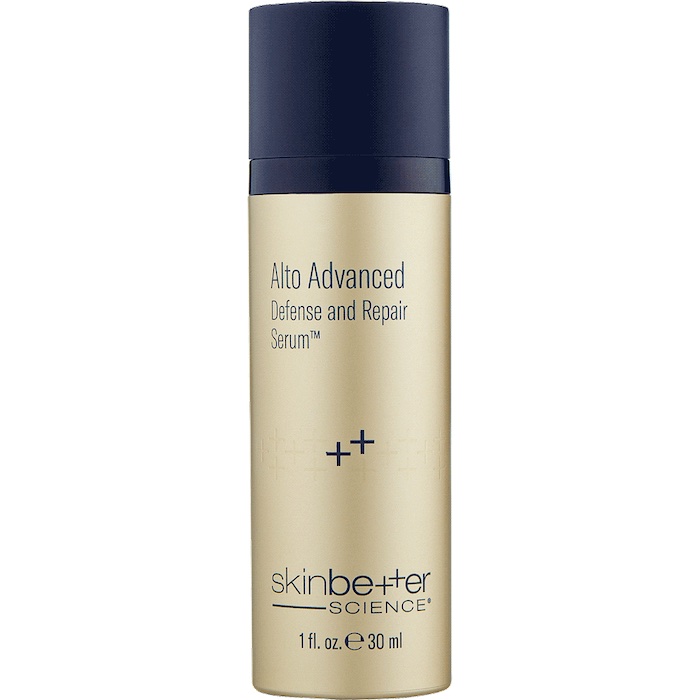
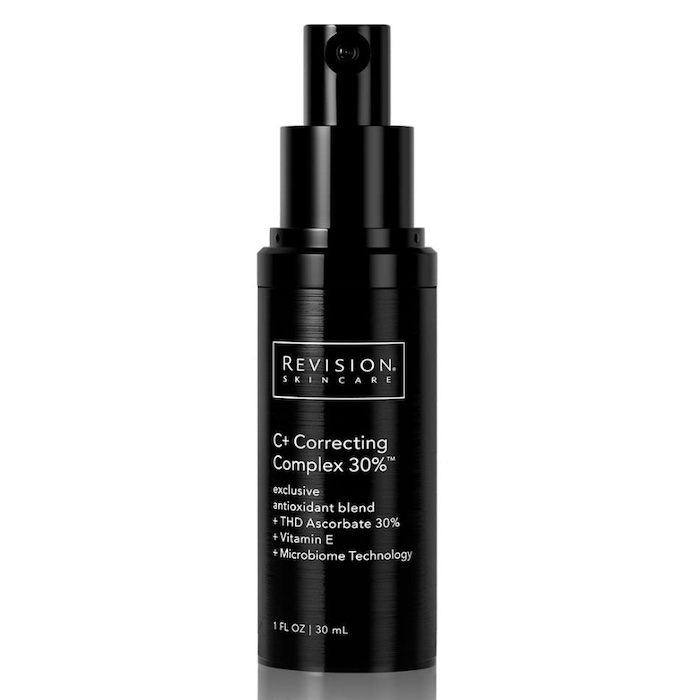
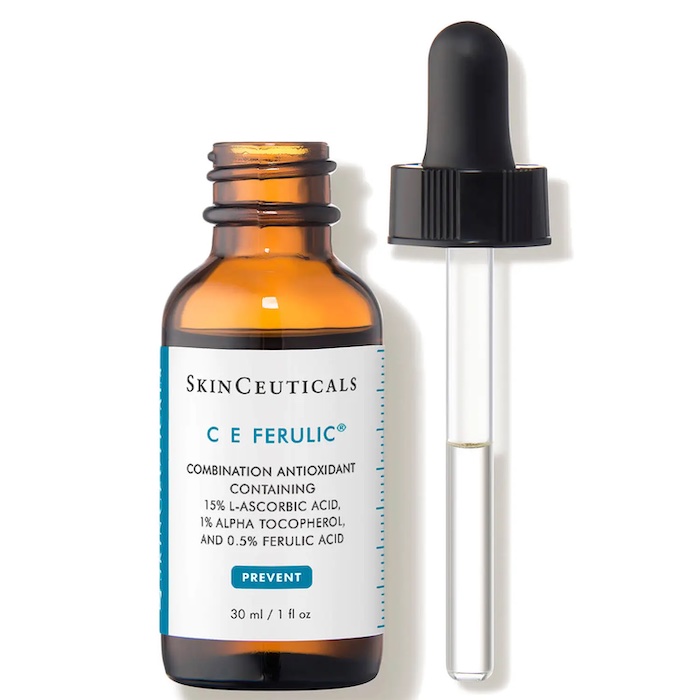
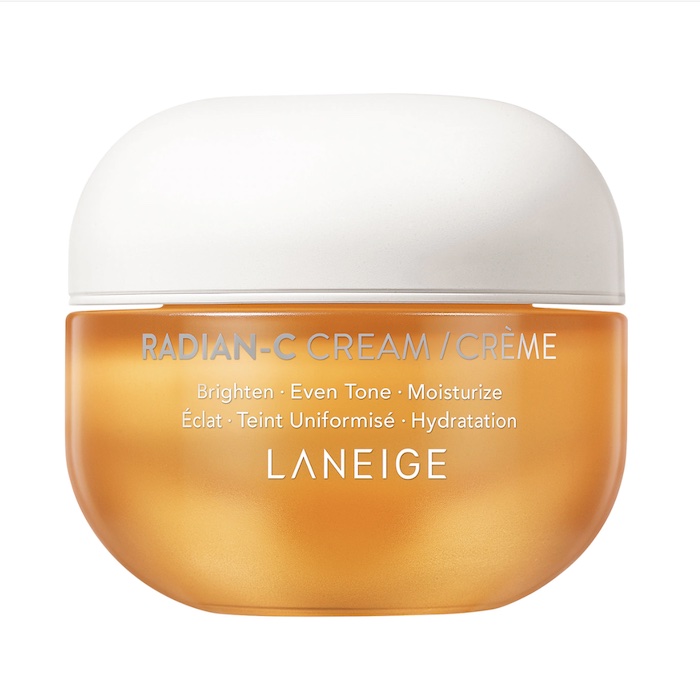
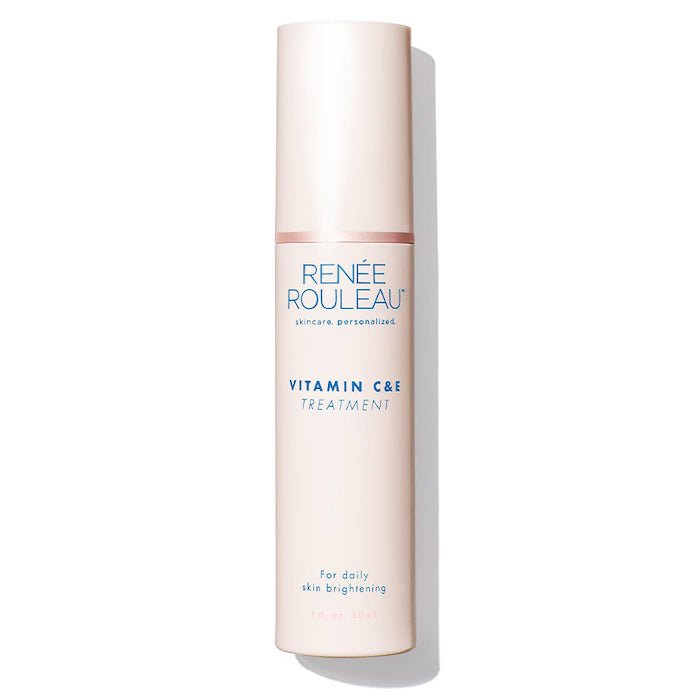
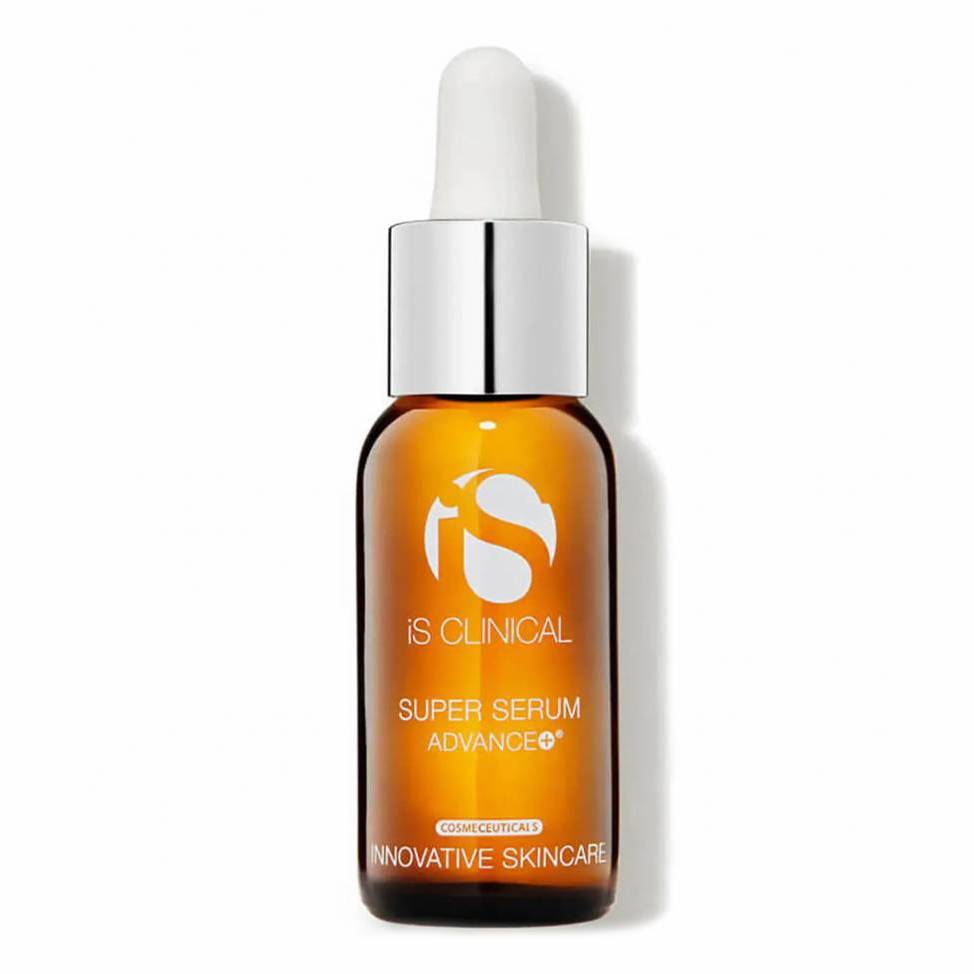
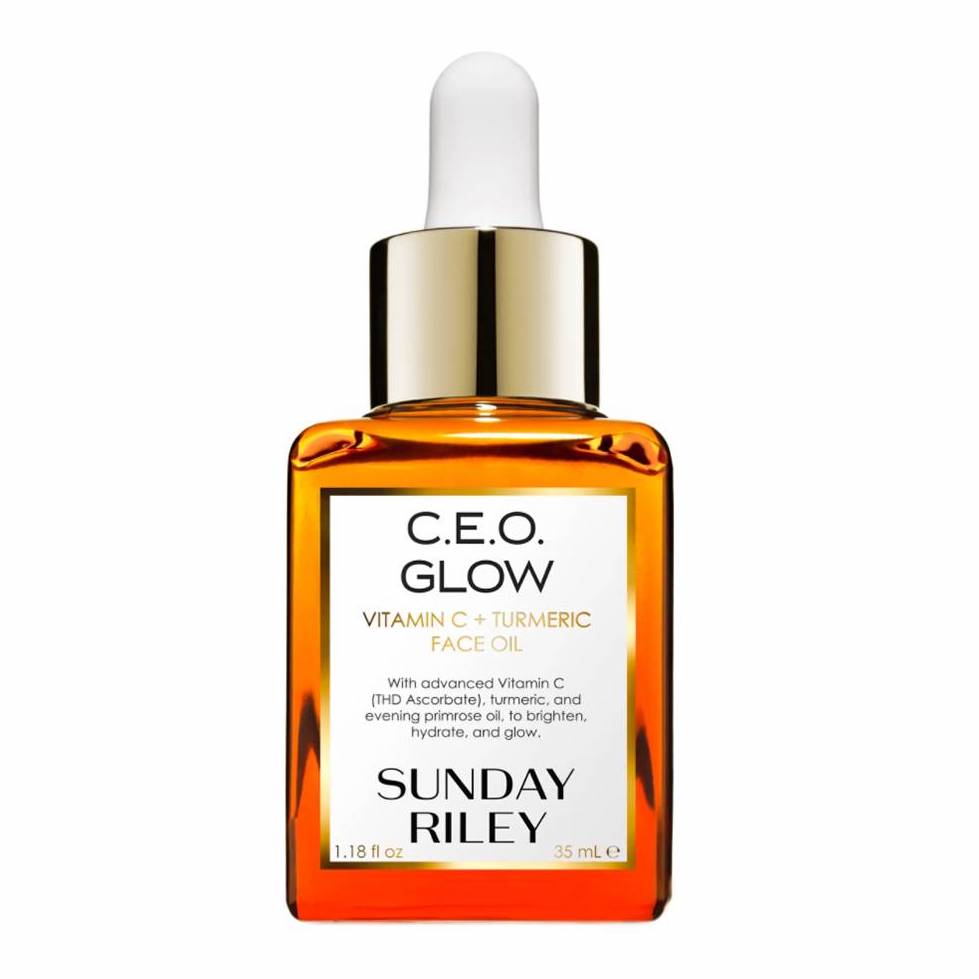
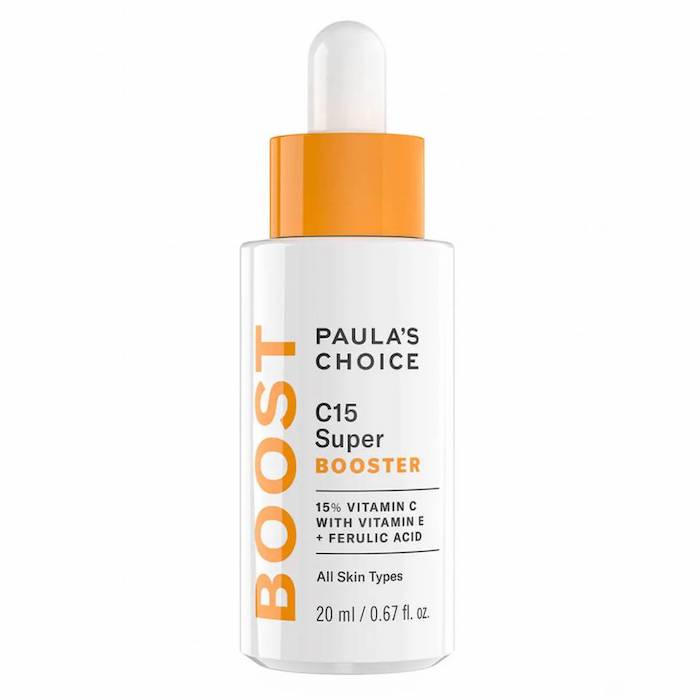
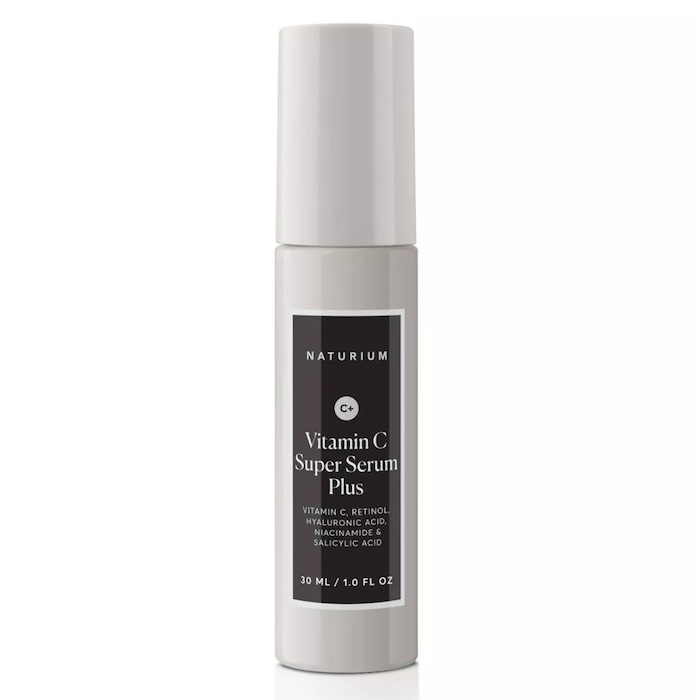
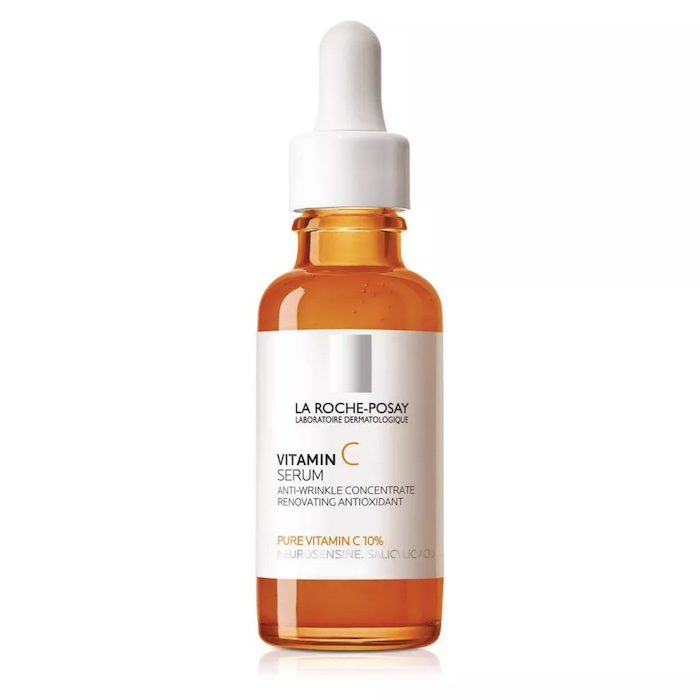
Up next, check out the best vitamin C creams (if you want to skip the serums).

